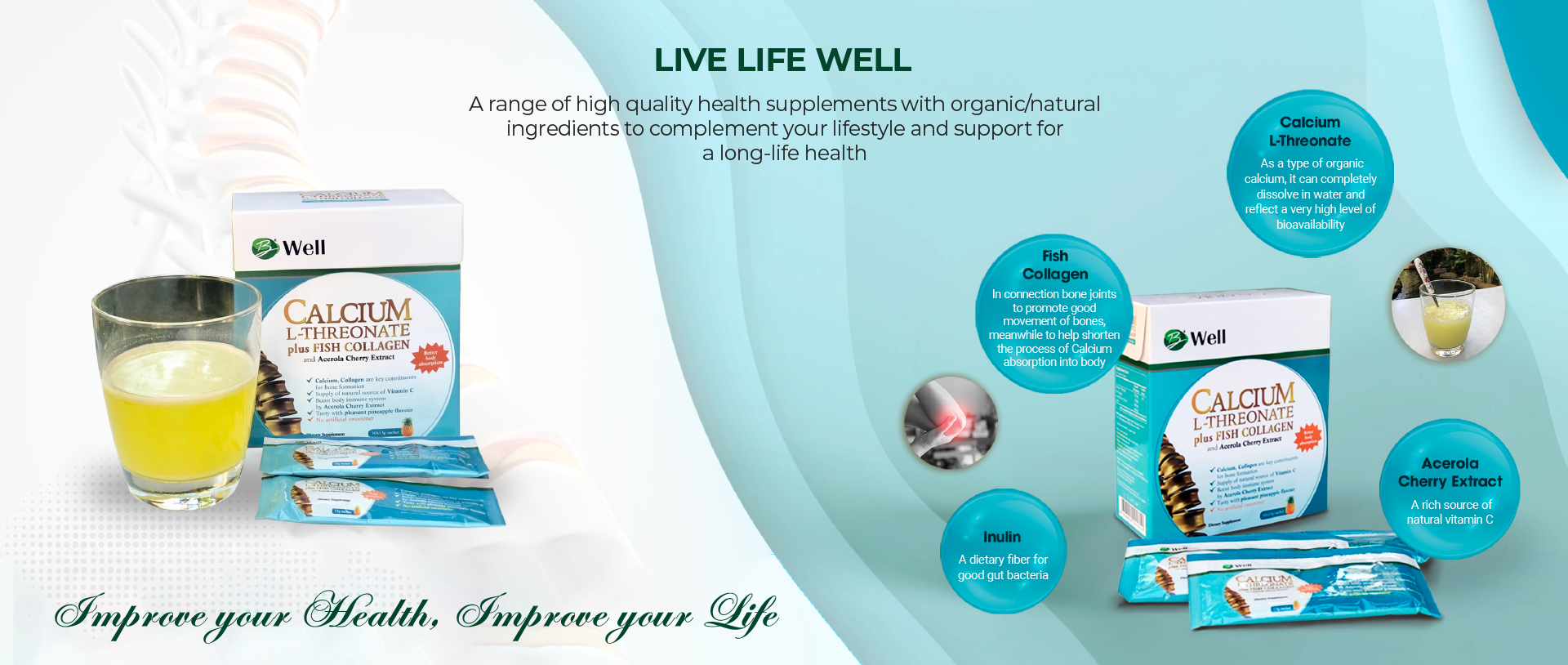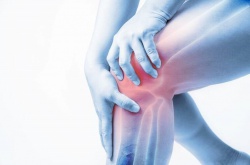Can Food Act as Medicine? All You Need to Know
What you choose to eat has profound effects on your overall health.
Research shows that dietary habits influence disease risk. While certain foods may trigger chronic health conditions, others offer strong medicinal and protective qualities.
Thus, many people argue that food is medicine.
Yet, diet alone cannot and should not replace medicine in all circumstances. Although many illnesses can be prevented, treated, or even cured by dietary and lifestyle changes, many others cannot.
This article explains the medicinal effects of food, including which foods should and shouldn’t be used for healing.re on Pinterest
How food nourishes and protects your body
Many nutrients in food promote health and protect your body from disease.
Eating whole, nutritious foods is important because their unique substances work synergistically to create an effect that can’t be replicated by taking a supplement.
Vitamins and minerals
Although your body only needs small amounts of vitamins and minerals, they’re vital for your health.
However, Western diets — high in processed foods and low in whole foods like fresh produce — are typically deficient in vitamins and minerals. Such deficiencies can substantially increase your risk of disease (1Trusted Source). For example, insufficient intakes of vitamin C, vitamin D, and folate may harm your heart, cause immune dysfunction, and increase your risk of certain cancers, respectively (2Trusted Source, 3Trusted Source, 4Trusted Source).
Beneficial plant compounds
Nutritious foods, including vegetables, fruits, beans, and grains, boast numerous beneficial compounds, such as antioxidants. Antioxidants protect cells from damage that may otherwise lead to disease (5Trusted Source).
In fact, studies demonstrate that people whose diets are rich in polyphenol antioxidants have lower rates of depression, diabetes, dementia, and heart disease (6Trusted Source, 7Trusted Source, 8Trusted Source, 9Trusted Source).
Fiber
Fiber is an essential part of a healthy diet. It not only promotes proper digestion and elimination but also feeds the beneficial bacteria in your gut (10Trusted Source).
Thus, high-fiber foods like vegetables, beans, grains, and fruits help protect against disease, decrease inflammation, and boost your immune system (11Trusted Source).
On the other hand, low-fiber diets are associated with an increased risk of illnesses, including colon cancer and stroke (12, 13Trusted Source, 14Trusted Source, 15Trusted Source).
Protein and healthy fats
The protein and fat in whole, nutritious foods play various critical roles in your body.
Amino acids — the building blocks of protein — aid immune function, muscle synthesis, metabolism, and growth, while fats provide fuel and help absorb nutrients (16Trusted Source, 17Trusted Source).
Omega-3 fatty acids, which are found in foods like fatty fish, help regulate inflammation and are linked to improved heart and immune health (18Trusted Source).
SUMMARY
Whole, nutritious foods boast vitamins, minerals, antioxidants, fiber, protein, and fat, all of which promote health and are key to optimal bodily function.
A healthy diet can decrease disease risk
Notably, nutritious foods may decrease your risk of disease — while the opposite is true for highly processed foods.
Unhealthy food choices can increase disease risk
Unhealthy diets high in sugary drinks, fast food, and refined grains are a main contributor to conditions like heart disease, diabetes, and obesity.
These processed foods harm your gut bacteria and promote insulin resistance, chronic inflammation, and overall disease risk (19Trusted Source).
A study in over 100,000 people found that every 10% increase in ultra-processed food intake resulted in a 12% increase in cancer risk (20Trusted Source).
Additionally, a study on worldwide mortality and disease showed that in 2017, 11 million deaths and 255 million disability-adjusted life years (DALYs) were likely due to poor diet (21Trusted Source).
DALYs measure the burden of disease, with one unit representing the loss of one year of full health (22Trusted Source).
SUMMARY
Following a healthy diet can increase longevity, protect against disease, and improve your overall quality of life.
Many other factors affect your health and disease risk
Disease risk is quite complex. Although a poor diet can cause or contribute to illnesses, many other factors need to be considered.
Genetics, stress, pollution, age, infections, occupational hazards, and lifestyle choices — such as lack of exercise, smoking, and alcohol use — also have an effect (33Trusted Source, 34Trusted Source, 35Trusted Source, 36Trusted Source).
Food cannot compensate for poor lifestyle choices, genetic disposition, or other factors related to disease development.
Food should not be used as a replacement for medicine
Though shifting to a healthier dietary pattern can indeed prevent disease, it’s critical to understand that food cannot and should not replace pharmaceutical drugs.
Medicine was developed to save lives and treat diseases. While it may be overprescribed or used as an easy fix for dietary and lifestyle problems, it’s oftentimes invaluable.
As healing does not hinge solely on diet or lifestyle, choosing to forgo a potentially life-saving medical treatment to focus on diet alone can be dangerous or even fatal.
SUMMARY
Although many foods have strong disease-fighting benefits, diet should not be considered a replacement for conventional medicine.
Common signs and symptoms of calcium deficiency
Why average height of Vietnamese people are low ?
Warning from Experts : Obesity in people under 40 years old having high risk of cancers
- Chương trình khuyến mãi tháng 8/2022
- Common signs and symptoms of calcium deficiency
- Why average height of Vietnamese people are low ?
- Warning from Experts : Obesity in people under 40
- Want to live a longer life? There are five things
- What do you know about Calcium supplements ?
- Can Food Act as Medicine? All You Need to Know
- 10 Health Benefits of Rice Bran Oil






